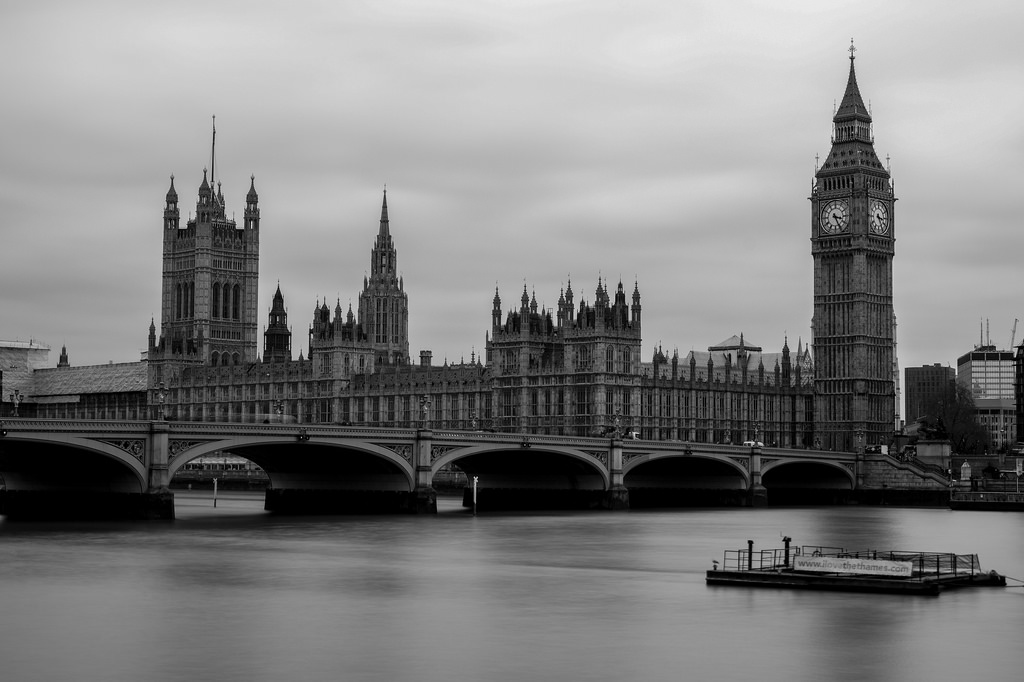Reappraising Harold Wilson
This article is the first in a series of pieces on the life and legacy of Harold Wilson published in celebration of the centenary of his birth, 11 March 1916.
This article is the first in a series of pieces on the life and legacy of Harold Wilson published in celebration of the centenary of his birth, 11 March 1916.
Click here for the second article in the feature: Harold Wilson: a personal reflection
Click here for the third article in the feature: Europe and the Wilson legacy
Click here for the fourth article in the feature: The two Wilsons
Click here for the fifth article in the feature: Wilson’s white heat
March 2016 marks the triple anniversary of Harold Wilson – 100 years since his birth, 50 years since he won his most impressive election victory in 1966 and 40 years since his shock resignation in 1976. It is therefore a perfect opportunity to offer a reappraisal of the twice prime minister.
Despite largely dominating the political landscape between 1964-76 and winning more general elections than any other Labour leader, (albeit three of the four by very narrow margins), Wilson was widely criticised across the political spectrum. This makes the task of reappraisal all the more significant.
The leading Labour party historian Kenneth O. Morgan commented that: “Since Harold Wilson’s stock has plummeted so sharply for so long, one can only suppose that it will some day register an upward movement. It is likely, indeed probable, that historians will take a more charitable and compassionate view of his career and achievements than do commentators who delight in trampling on a man when he is down.”
Wilson was attacked by both the left and the right of the party by the end of his first administration. His first notable political act was to resign along with Aneurin Bevan in 1951 over the imposition of charges on various aspects of the NHS to pay for atomic weapons development and military engagement in Korea. Although he remained close to several leading Bevanites such as Dick Crossman and Barbara Castle he had already ceased to be a Bevanite by the time of the 1964 election. The left of the party was therefore to be disappointed at his failure to champion their causes in office. But he was never fully accepted by the Gaitskellites either, despite largely embracing a centre-left agenda, after he had challenged their hero for the party leadership in 1960. He was, in effect, a political loner keeping only a very small coterie of close supporters.
By such things are reputations made and he was to remain a figure neither loved in the party, like his predecessor, Clement Attlee, nor given the begrudging respect of later election winner Tony Blair.
However, looking back on his record in government one is struck now by the level of achievement for which he was never given the praise he deserved during his lifetime.
Most notable among his achievements were in the fields of social and educational reform. He presided over a period of great liberal reforms to society including abolishing the death penalty, legalising homosexuality, relaxing laws on divorce and censorship, and decriminalising abortion – which had the effect of freeing women from illegal and dangerous ‘backstreet abortionists’. In education policy there was the move towards comprehensive schools – now much derided but at the time unquestionably increasing social mobility – and the expansion of higher education through new universities, polytechnics and the creation of the Open University. It was this final reform with which Wilson was most proud.
Although widely criticised at the time for his economic record, compared to later periods this was something of a ‘golden age’; growth was higher than it was to be in later decades and the social and economic costs of deindustrialisation and high unemployment that we associate with the Thatcher years were avoided. The In Place of Strife proposals would have put industrial relations in Britain on a similar basis to continental Europe.
In international affairs Wilson skilfully kept the Labour party together over the EEC and – in stark contrast to Blair – kept Britain out of a horrible war despite pressure from America. Dependent on US financial support at the time and therefore unable to speak out publicly, Wilson was vilified by the radical left – but had they known the reality of the situation concealed behind a wall of stony silence their reaction may well have been different.
Less well known, perhaps, were the investment in both the sports and the arts. His governments also sought to put right the human rights abuses in Northern Ireland.
Wilson recognised that divided parties don’t win elections and that without winning elections there was no way of advancing the socialist cause in Britain. He therefore sought to reconcile competing factions within the party and appeal to all sections of opinion. This, above all, is the lesson that Wilson offers for today’s Labour party. If Jeremy Corbyn wishes to advance from the position he now finds himself in he would do well to see Wilson as a role model worth following.
Dr Andrew Crines is Lecturer in British Politics and Dr Kevin Hickson is Senior Lecturer in British Politics both at the University of Liverpool. Their book, Harold Wilson: An Unprincipled Prime Minister? is published this month by Biteback.
